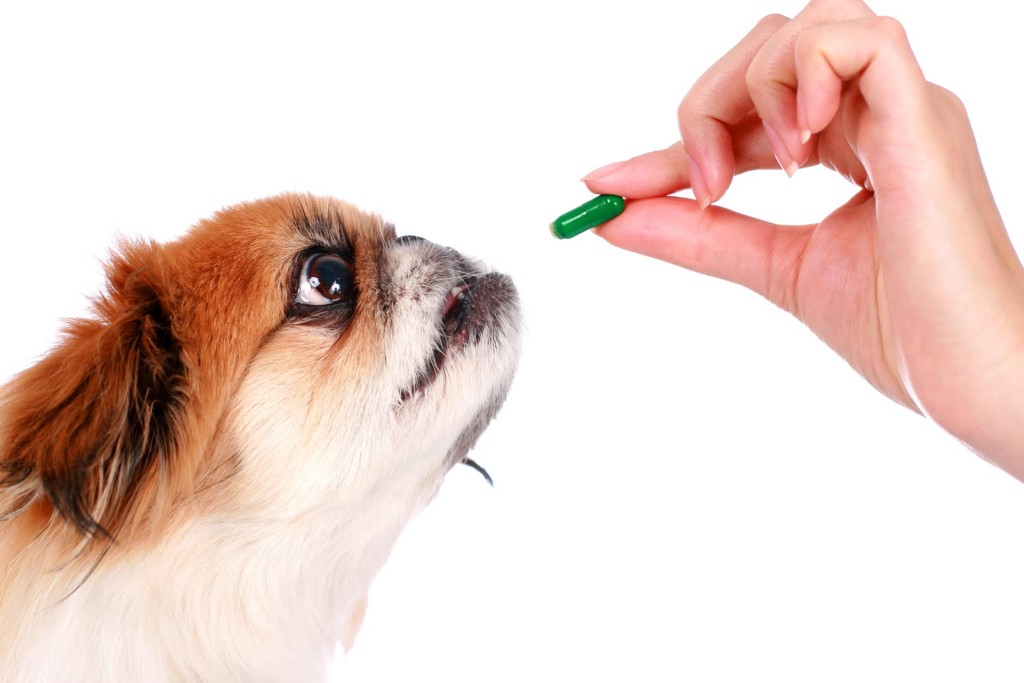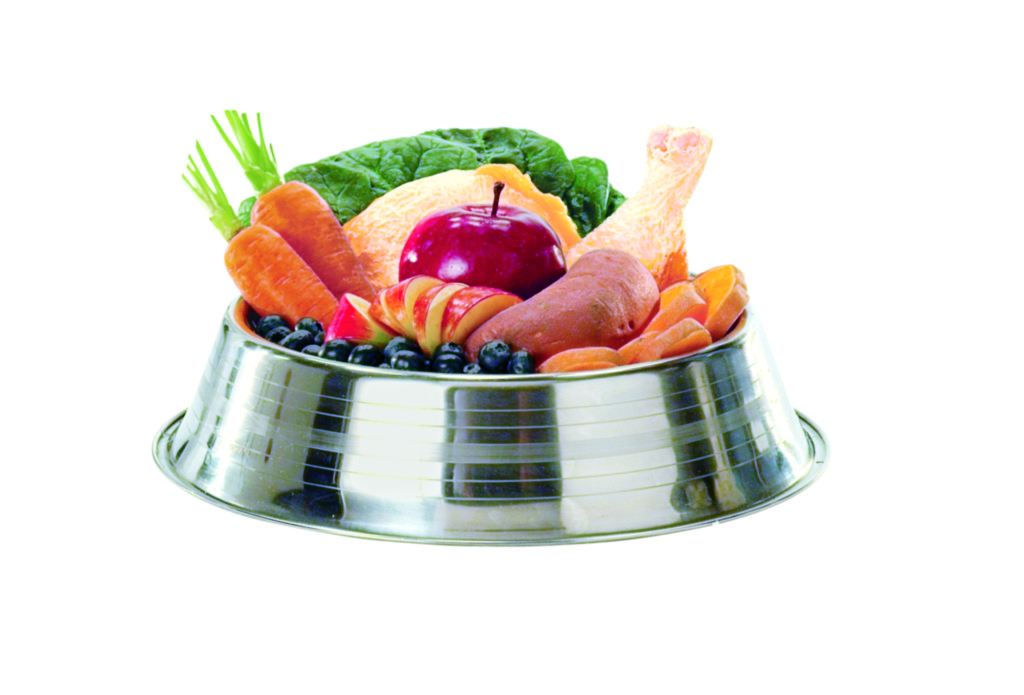 Diarrhea is characterized by fast movement of eaten food through intestine that results in one or more of the following:
Diarrhea is characterized by fast movement of eaten food through intestine that results in one or more of the following:
- Loose stools
- Increased occurrence of bowel movements, or
- Increased amount of stool
Signs to Watch
It is important to understand that diarrhea in dogs can take some forms. The stools may range between abnormally soft and watery. Other signs can be present like abnormal smell, blood and mucous in stools, gas, or your dog may be straining during defecating.
When you notice stools with blood with acute straining, particular on small dogs, may need an emergency treatment. Diarrhea with vomiting is a sign of severe intestinal barrier that needs medical treatment, including surgery. Other severe signs of diarrhea that needs medical care are vomiting, pain, distress, and weakness.
Some Causes of Diarrhea in Dogs
The following are causes of diarrhea in dogs that you need to know and understand:
- Parasites in dogs which includes hookworms, whipworms, roundworms, coccidian, tapeworms, and Giardia. Fecal examination is used to know the kind of infection.
- Bacteria in dogs like E. coli, Salmonella, Clostridium perfringens, Campylobacter, and Spirochetes may be present without causing them medical illnesses.
- Parvovirus infection is characterized by vomiting and diarrhea with fever, especially in younger dogs. Antigen examination is usually used to diagnose this particular infection.
- Improper ingestion can cause diarrhea in dogs. Well, we all know that dogs eat everything, from feces of other animals, to garbage, and grass trimmings.
What are some natural cures for diarrhea in dogs?
If you suspect that your dog has diarrhea, take note when the diarrhea has started, frequency of bowel movements, appearance of stools, and if your dog is strained or uncomfortable while defecating. These are very important signs.
Call your vet right away if –
- Blood is present in the stools, or if the stools are tarry and black
- Your dog is depressed or has fever
- Your dog seems to be in pain
- You are doubtful that your dog has eaten something that is toxic or poisonous
- The gums of your dog are yellow or pale
- Your dog is vomiting
- Your dog is a puppy and/or has not taken his complete vaccinations
Avoid giving your dog any medications and over-the-counter human medications before consulting your vet.
Treating Diarrhea in Dogs Naturally
Remove food within 24 hours but give your dog water if it seems to be dehydrated or if it has not been drinking anything before this. Otherwise, give your dog ice cubes or very small quantity of water for several times within the day. After 24 hours, instead of usual dog food, give small serving of bland diet four to five times during the entire day. Select from the following:
- Boiled chicken; without grease, without flavorings and skin
- Boiled turkey; without grease, without flavorings and skin
- Boiled egg; without oil or butter
- Scrambled egg; without oil or butter
- Boiled potato; without seasoning and skin
- Baked potato; without seasoning and skin
- Cottage cheese and without liquid
- Cooked white rice; without flavorings and butter
Keep feeding your dog with small amount of any of this bland diet for two days. Give this diet gradually increasing the servings until your dog pass a formed stool. Begin to wean your dog back to its regular food diet within the week by slowly working in small servings of your dog’s regular dry dog food.
Avoid giving your dog snacks, dog bones, or table crumbs since they may aggravate the intestinal tract during this period.
Probiotics are usually suggested by vets to replace the good bacteria that your dog loses during diarrhea. Medicinal herbs and amino acids help treat inflamed intestinal lining for acute diarrhea. Slippery elm is also very gentle and can be used by both puppies and adult dog.
To sum up,
It is always good to see and consult with veterinarian if your dog is sick with diarrhea. Your vet may need to see your dog and perform some diagnostic tests on the feces to identify the right treatment. There are some bacteria and parasites that can make human sick, it is always recommended to check on them. Mild cases such as when your dog seems normal, suppressing food within 24 hours. However, if other serious signs including weakness, vomiting, depression, pain, then call your vet for proper medical care.





